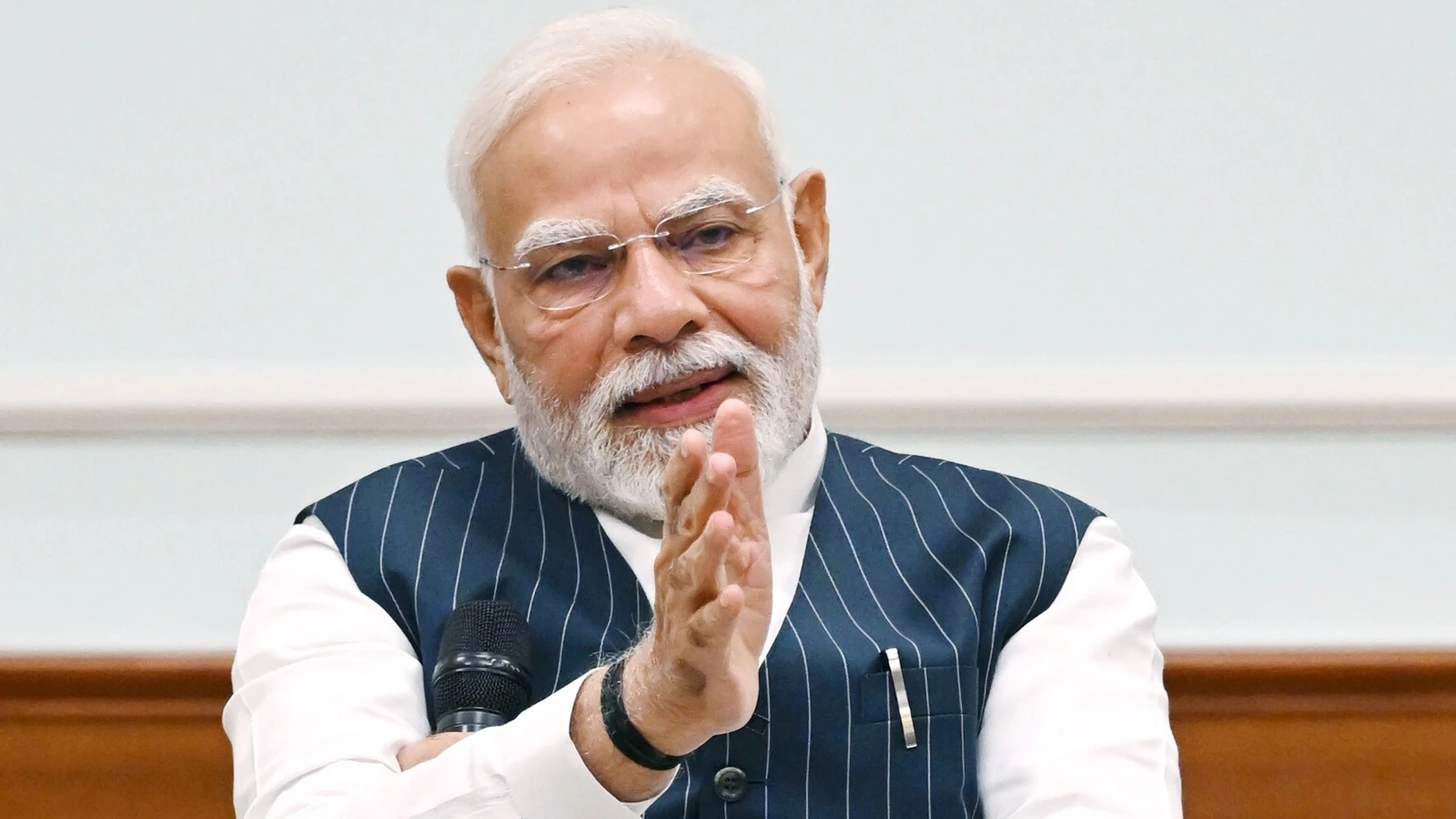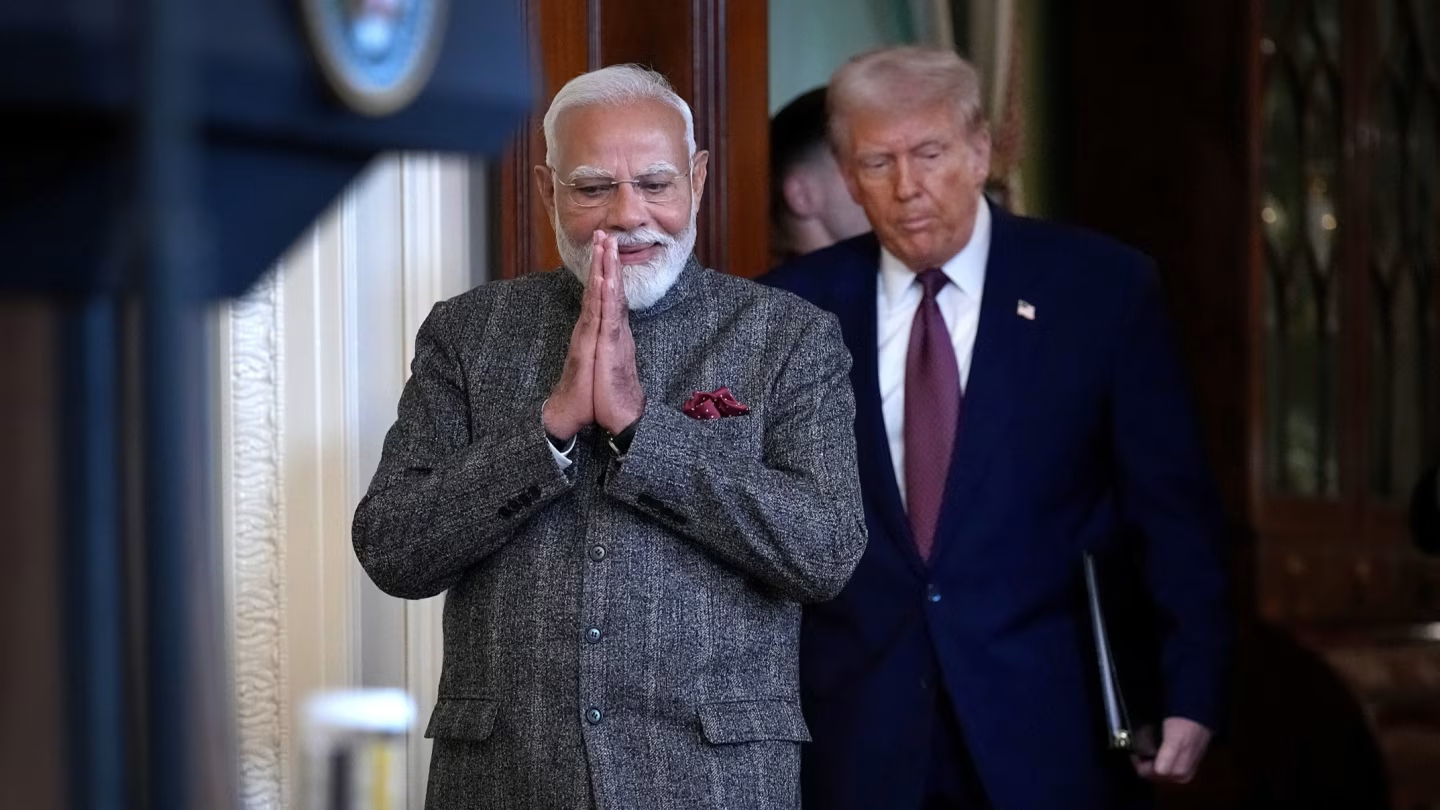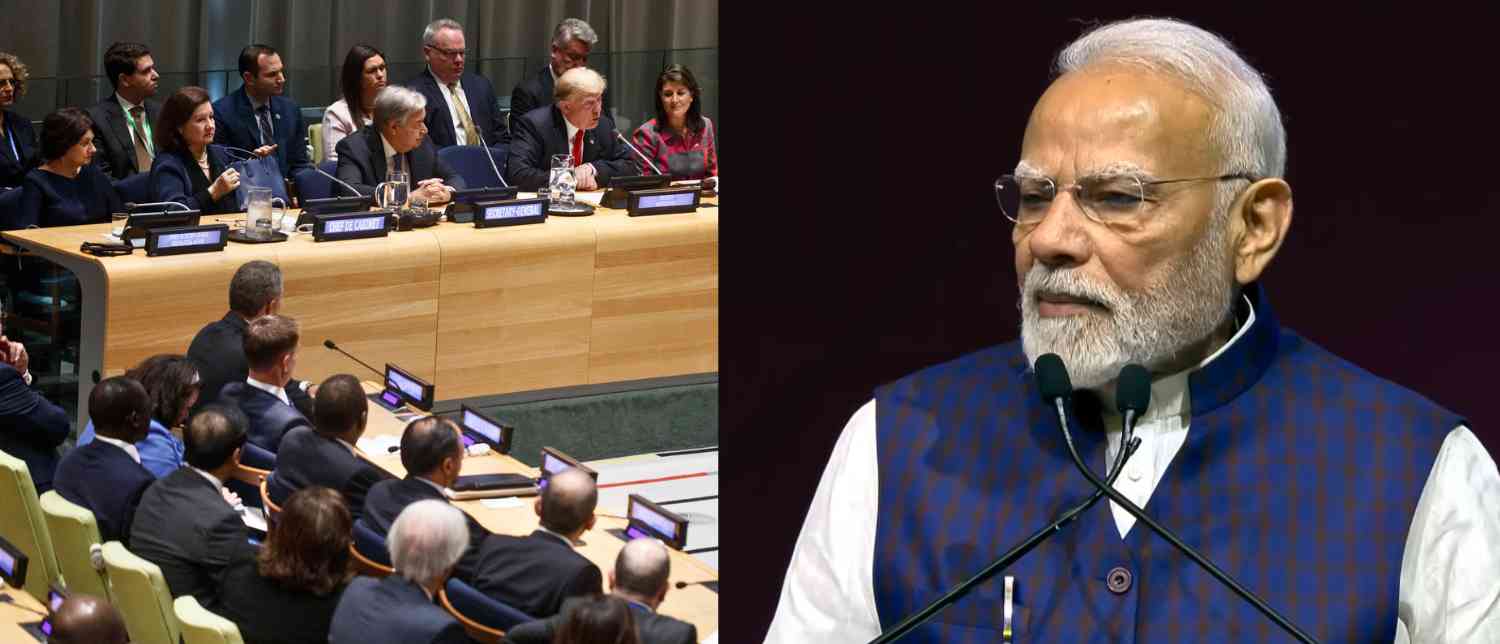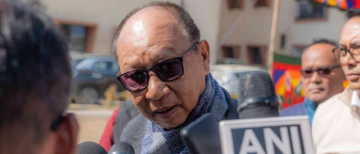Prime Minister Narendra Modi will not attend the upcoming United Nations (UN) General Assembly session in New York this month. Instead, India will be represented by senior ministers and diplomats. This decision comes at a time when India and the United States are facing growing tensions over trade tariffs.

Why This Matters
The UN General Assembly is one of the biggest global gatherings, where world leaders share their views on peace, trade, security, and climate. Skipping such a session always raises questions. For India, this is rare because it is seen as a chance to showcase its position on global issues and strengthen international ties. Modi’s absence suggests that India wants to send a message, especially to the US, which recently raised tariffs on certain Indian goods.
What’s Behind the Tariff Dispute
The US has been asking India to open its markets more widely for American products, including agricultural goods, medical devices, and energy. In return, India has argued that it must protect its small farmers, local industries, and economy from being overwhelmed by imports.
Earlier this year, the US increased duties on some Indian steel and aluminum products, saying it needed to protect American jobs. India countered by raising import tariffs on US almonds, apples, and other goods. Both countries have been in talks, but no clear solution has emerged. Skipping the UN meet at this time may reflect the strain in this relationship.
India’s Position on Global Stage
In the past few years, India has tried to become a bigger player in world politics. Modi has used international platforms like the UN, G20, BRICS, and others to talk about development, global security, and climate change. Not attending the UN meeting might give an impression that India is stepping back from its usual active role, at least for now.
However, some experts point out that India’s foreign minister will still attend the UN session. This means India’s voice will not be missing but will be less high-profile. Many believe Modi’s choice could also be about timing. With domestic issues and trade talks at a critical stage, he may feel it is more important to focus at home and in direct negotiations, rather than large symbolic speeches at the UN.
What People Are Saying
Reactions to Modi skipping the event are mixed.
-
Some trade analysts believe this is India’s way of showing quiet protest against the US trade stance.
-
Others argue it is a practical decision, since debates at the UN rarely lead to direct trade solutions. Instead, the real action happens in bilateral talks.
-
On social media, some Indians expressed disappointment, saying India should not miss the opportunity to make its views heard on global issues like terrorism, climate, and economic reform.
-
Supporters of the government argue that this is a clever move to avoid unnecessary grandstanding while staying focused on real negotiations.
How This Could Affect India-US Ties
Both India and the US have strong economic ties, with trade worth more than $190 billion annually. The US is one of India’s biggest trading partners, and Indian tech and pharmaceutical exports are significant in the US market. At the same time, India imports defense equipment, technology, and agricultural products from America. Tensions over tariffs, if not resolved, could hurt businesses and consumers in both countries.

Still, it is unlikely that relations will collapse. Both sides know they need each other. Washington views India as a partner to counterbalance China’s growing influence, while India counts on the US for advanced technology and investment. For this reason, experts say the current dispute may be more of a “negotiating phase” rather than a permanent break.
Looking Ahead
The UN General Assembly session will continue without Modi, but India’s presence will still be felt. What will matter more is how India and the US handle trade talks in the coming weeks. If they can find a middle ground, skipping one meeting may not leave lasting damage.
In the bigger picture, the situation shows how global politics is often linked with trade and economics. Leaders have to balance domestic needs with international goals. Modi’s decision reflects that complex balancing act. For India, the challenge is to stay firm on protecting its economy while still being seen as a responsible global power.
At the end of the day, whether Modi’s absence turns out to be a smart diplomatic strategy or a missed opportunity will become clearer with time, depending on how India manages its ties not just with the US, but with the rest of the world.
With inputs from agencies
Image Source: Multiple agencies
© Copyright 2025. All Rights Reserved. Powered by Vygr Media.



_1757139063.jpg)





















